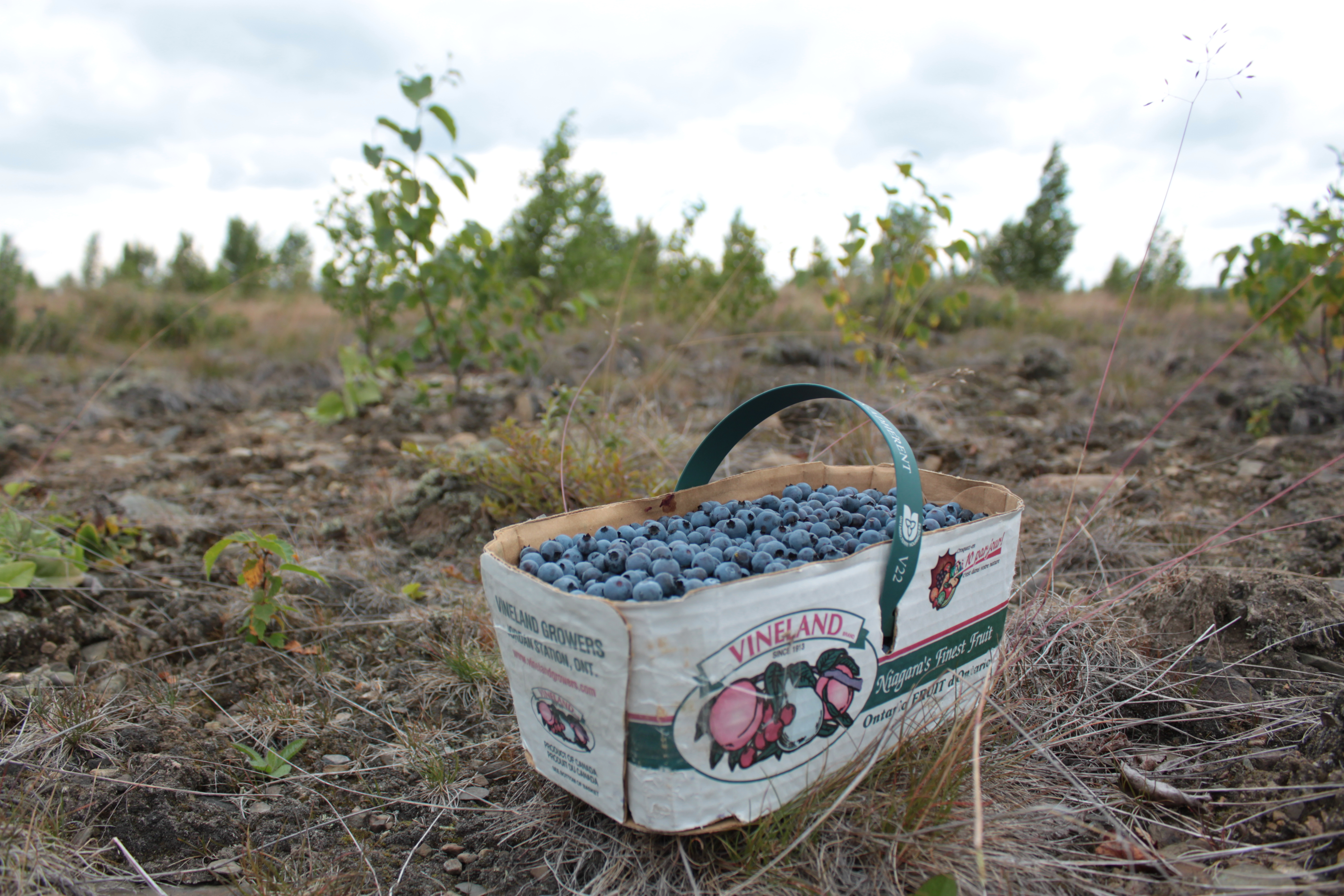Session 2: The Nature of Living and Practicing in Rural and Remote Communities
Introduction
 Photo credit: Brian Smith (CC BY 2.0)
Photo credit: Brian Smith (CC BY 2.0)
“It is the quality of life that is huge for me.”
(Wielandt & Taylor, 2010)
What is it like to live, practice and learn in rural and remote communities? In this session you will have the opportunity to examine your own thoughts and perceptions around this topic, and compare them to the perceptions of those who have spent time practicing and learning in this environment.
Main Topics
- Overview of the unique aspects of living, working and learning as a healthcare practitioner or learner in northern, rural, and remote communities
- Examination of the perceived challenges and benefits of rural and remote practice
- Factors influencing people’s decisions to practice in northern, rural and remote communities
Intended Learning Outcomes
- Identify challenges and benefits of living, practicing and learning in a rural or remote community, and reflect on how this may relate to you personally
- Describe factors that influence healthcare professionals’ decisions to practice in rural and remote communities
Readings and Resources
Reading #5 is geared towards healthcare learners, and reading #6 toward healthcare professionals. You may choose to read both or pick the resource that is most appropriate for you.
1. Video: A Student’s Experience of Living and Learning in a Rural Community
2. Public Health Agency of Canada. The rural think tank 2005 – Understanding issues families face living in rural and remote communities1
3. Wielandt PM, Taylor E. Understanding rural practice: implications for occupational therapy education in Canada2
4. Manahan CM, Hardy CL, MacLeod MLP. Personal characteristics and experiences of long-term allied health professionals in rural and northern British Columbia3
5. For healthcare learners: WA Country Health Service. Rural and remote allied health competencies clinical training (student)4
- This Australian resource is helpful in understanding the range of non-clinical competencies allied health students can expect to develop over the course of a clinical placement in rural and remote communities.
6. For health care professionals: WA Country Health Service. Rural and remote allied health competencies (professional)5
- This Australian resource was designed for entry-level allied health professionals practicing in rural and remote communities to assist in identifying developmental needs and areas of strength and proficiency.
Learning Activities
 Photo credit: Sean_Marshall (CC BY-NC 2.0)
Photo credit: Sean_Marshall (CC BY-NC 2.0)
Activity 1:
Prior to reviewing this session’s readings and resources: Think about potential opportunities and challenges you might encounter during your time in a rural or remote community.
- Is there anything you are concerned or anxious about?
- Is there anything you are excited about?
- Post your responses to the “Session 2 – Learning Activity 1” discussion topic.
Activity 2:
After watching the video “A Student’s Experience of Living and Learning in a Rural Community” and reading “Understanding Rural Practice: Implications for Occupational Therapy Education in Canada,” reflect on how these resources impacted the thoughts and feelings you expressed in Learning Activity 1. Share your reflections at the “Session 2 – Learning Activity 2” discussion topic.
Activity 3:
Read “Personal Characteristics and Experiences of Long-term Allied Health Professionals in Rural and Northern British Columbia.” Do you share any of the values, characteristics, or experiences that were identified as influencing health professionals to practice in rural and northern areas? Do you think these are essential to rural and remote practice? Discuss at the “Session 2 – Learning Activity 3” discussion topic.
Activity 5:
Rural Australia faces challenges in the provision of health services similar to those experienced in rural Canada. Based on “Rural and Remote Allied Health Competencies,” what aspects of competency for rural and remote practice are of interest to you? Consider how they are different (or not) from standard health care professional competencies. Examine the challenges inherent in developing rural and remote competencies with your colleagues in the “Session 2 – Learning Activity 4” discussion topic.
Activity 6:
Small working group activity. In pairs, discuss the following: Do you think there is such a thing as a “typical” northern rural or remote clinical placement (for learners) or practice environment (for practitioners)? What might be some common elements? What might be different? Post your responses to the “Session 2 – Learning Activity 5” discussion topic.
Activity 7:
Identify one idea/concept/belief that was new learning for you in this session. How might this apply to your upcoming clinical learning or practice? Share your thoughts on the “Session 2 – Learning Activity 6” discussion topic.
Sneak Peek
In Session 3, we’ll look at practice models that help practitioners meet the challenges of rural and remote practice. Based on what you learned in this session, do you think it’s possible that rural and remote general practice could be a specialty area?
We’ll also consider: What is it like to practice as the only practitioner from your profession in a community? Can interacting with colleagues from other professions help a health professional in their own sole or general practice? What are some innovative ways that people are using technology to support learning, practice and care? We’ll find out in Session 3!
References
- Public Health Agency of Canada. (2005). The rural think tank 2005 – Understanding issues families face living in rural and remote communities. Retrieved June 10, 2015 from: http://www.phac-aspc.gc.ca/hp-ps/dca-dea/publications/rtt-grr-2005/2-eng.php
- Wielandt PM, Taylor E. (2010). Understanding rural practice: implications for occupational therapy education in Canada. Rural and Remote Health 10, pp.1488. Retrieved June 10, 2015 from: http://www.rrh.org.au/articles/subviewnew.asp?ArticleID=1488
- Manahan CM, Hardy CL, MacLeod MLP. (2009). Personal characteristics and experiences of long-term allied health professionals in rural and northern British Columbia. Rural and Remote Health, 9, p. 1238. Retrieved June 10, 2015 from: http://www.rrh.org.au/articles/subviewnew.asp?ArticleID=1238
- For healthcare learners - WA Country Health Service. (2011). Rural and remote allied health competencies clinical training (student). Accessed June 10, 2015 from: http://www.wacountry.health.wa.gov.au/fileadmin/sections/allied_health/WACHS_G_AH_RuralRemoteCompetencies_CT.pdf
- For health care professionals - WA Country Health Service. (2011b). Rural and remote allied health competencies (professional). Accessed June 10, 2015 from: http://www.wacountry.health.wa.gov.au/fileadmin/sections/allied_health/WACHS_G_AH_RuralRemoteCompetencies_Pro.pdf